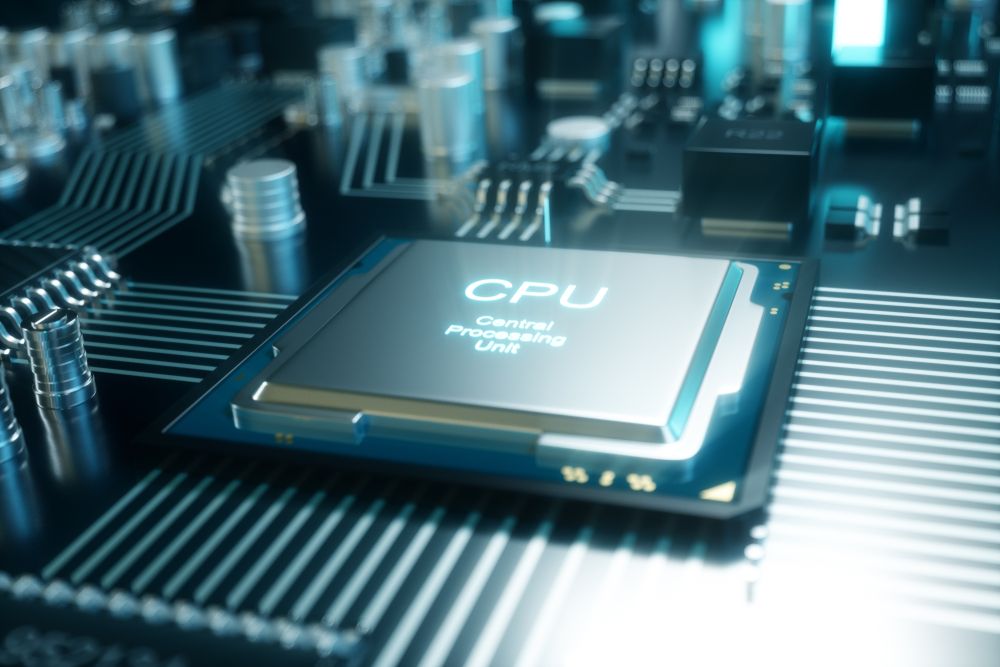From a Tom's Hardware article..... I found this to be an interesting read. 
It's a really short read, but:

 www.tomshardware.com
www.tomshardware.com
It's a really short read, but:
The cache is a small amount of memory integrated into processors to lower the time spent communicating with RAM, which is much slower. The CPU-Z benchmark is less than 32KB large, which fits into the L1 (first level) cache of even old CPUs. While technically very efficient, it also makes for a benchmark that can't stress a CPU's cache, so CPUs with better cache don't score any better.
Branch prediction is the process of a chip attempting to guess upcoming tasks. Correct predictions mean faster execution, while wrong predictions lose time. In CPU-Z, Chips and Cheese found that even the infamous FX-8150 Bulldozer CPU had a branch prediction success rate of 95%. That's pretty generous for a CPU that received universally bad reviews when it launched in 2011.

CPU-Z Isn't Good For Benchmarking CPUs According To New Study
It's no Cinebench 2024.
